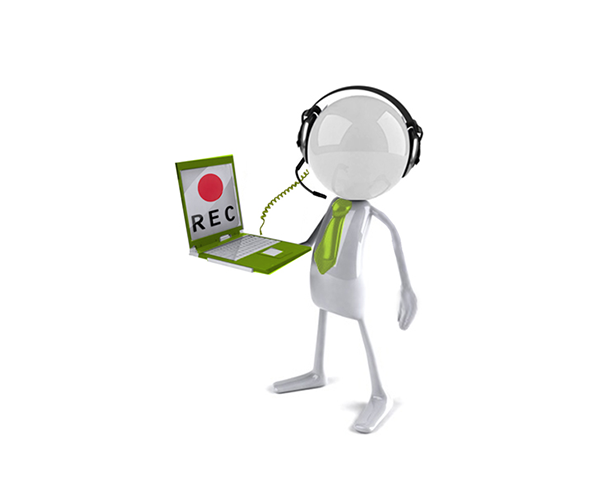
The flexibility of Voice over IP has opened up many applications to the enterprise that were previously cost prohibitive or difficult to deploy. Call Recording is one of those applications that has benefits but also has legal ramifications if not properly deployed and managed.
I am sure at some point you have made a call into a service center and heard the words “Your call will be recorded for training purposes” or have called emergency services and heard the standard “beep” every fifteen seconds letting you know that the call is being recorded. There is a legal reason for the notification and it can vary from State to State. Recording audio of employees or other third party individuals without consent my violate wire tapping laws. In
(15) states it is illegal to record audio without both party’s consent. To make matters worst, recording a conversation across state lines without consent opens up a whole new can of worms.
Why is this subject important? Many of the iPBX products on the market today either offer or provide the capability to record calls. The recording maybe stored on a centrally located server under an Administrators control or it could be save on the users local hard drive. The problem here is the call recording solution that is not centrally controlled can have potentially negative legal issues. If the recording could be saved locally and then sent off via email with malicious intent, this presents potential harassment issues to the enterprise.
Call recording has many benefits to the enterprise when used properly. It can be used as a tool to verify the accuracy of customer orders or the standard training purposes for client interaction. Deciding who has access to the recordings and how they are shared is problematic depending on the system and how it is implemented. If PCI compliance is required because of the type of business you are in, then you know or maybe you don’t know what is required for voice recording systems to support. Its another moving target that the IT professional must understand while supporting the desktop and the voice network.
Call Recording is pretty much a “Snap In” module to any iPBX. Determining the feature/functionality and the appropriate strategy for enterprise use isn’t as simple. The decision making process should not be taken lightly and demonstrations of the perspective system should be required to ensure it integrates into the enterprise policies and procedures.

